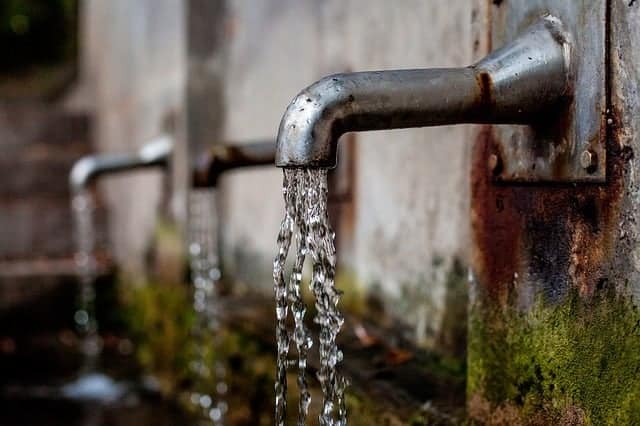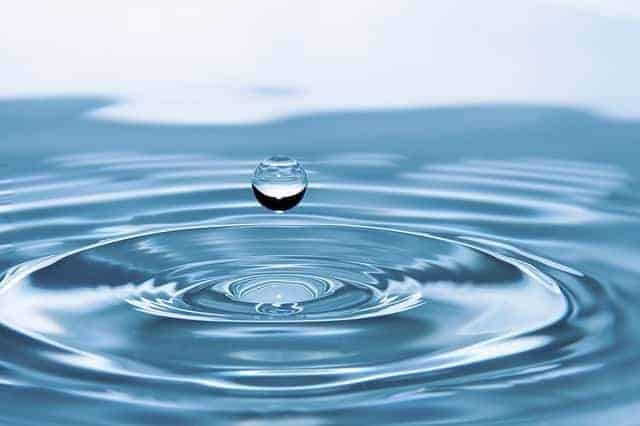It is becoming increasingly common for corporations and businesses to recycle processed water. The Processed Water Treatment refers to treating wastewater by using an electrochemical process for beneficial purposes, such as agricultural and landscape irrigation, industrial processes, and toilet flushing. Wastewater treatment can be tailored to meet the water quality requirements for the planned reuse and also offers financial savings and the ability to protect resources.
There are many benefits from recycling water:
- Reduce and Prevent Pollution– When pollutant discharges to oceans, rivers and other water bodies are curtailed, the pollutant loadings to these bodies are decreased. Moreover, in some cases, substances that can be pollutants when discharged to a body of water can be beneficially reused for irrigation. For example, recycled water may contain higher levels of nutrients, such as nitrogen, than potable water. Application of recycled water for agricultural and landscape irrigation can provide an additional source of nutrients and lessen the need to apply synthetic fertilizers.
- Save Energy– As the demand for water grows, more water is extracted, treated and transported sometimes over great distances which can require a lot of energy. If the local source of water is ground water, the level of ground water becomes lower as more water is removed and this increases the energy required to pump the water to the surface. Recycling water on site or nearby reduces the energy needed to move water longer distances or pump water from deep within an aquifer. Tailoring water quality to a specific water use also reduces the energy needed to treat water. The water quality required to flush a toilet is less stringent than the water quality needed for drinking water and requires less energy to achieve. Using recycled water that is of lower quality for uses that don’t require high quality water saves energy and money by reducing treatment requirements.
- Decrease Diversion of Freshwater from Sensitive Ecosystems– Plants, wildlife and fish depend on sufficient water flows to their habitats to live and reproduce. The lack of adequate flow, as a result of diversion for agricultural, urban and industrial purposes, can cause deterioration of water quality and ecosystem health. People who reuse water can supplement their demands by using a reliable source of recycled water, which can free considerable amounts of water for the environment and increase flows to vital ecosystems.


